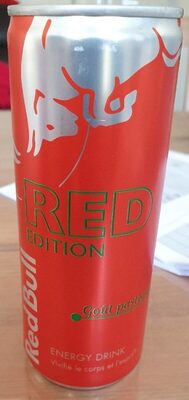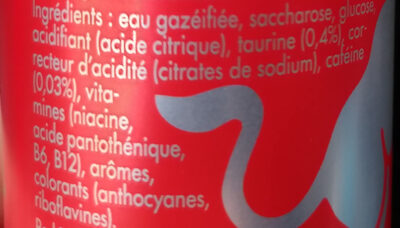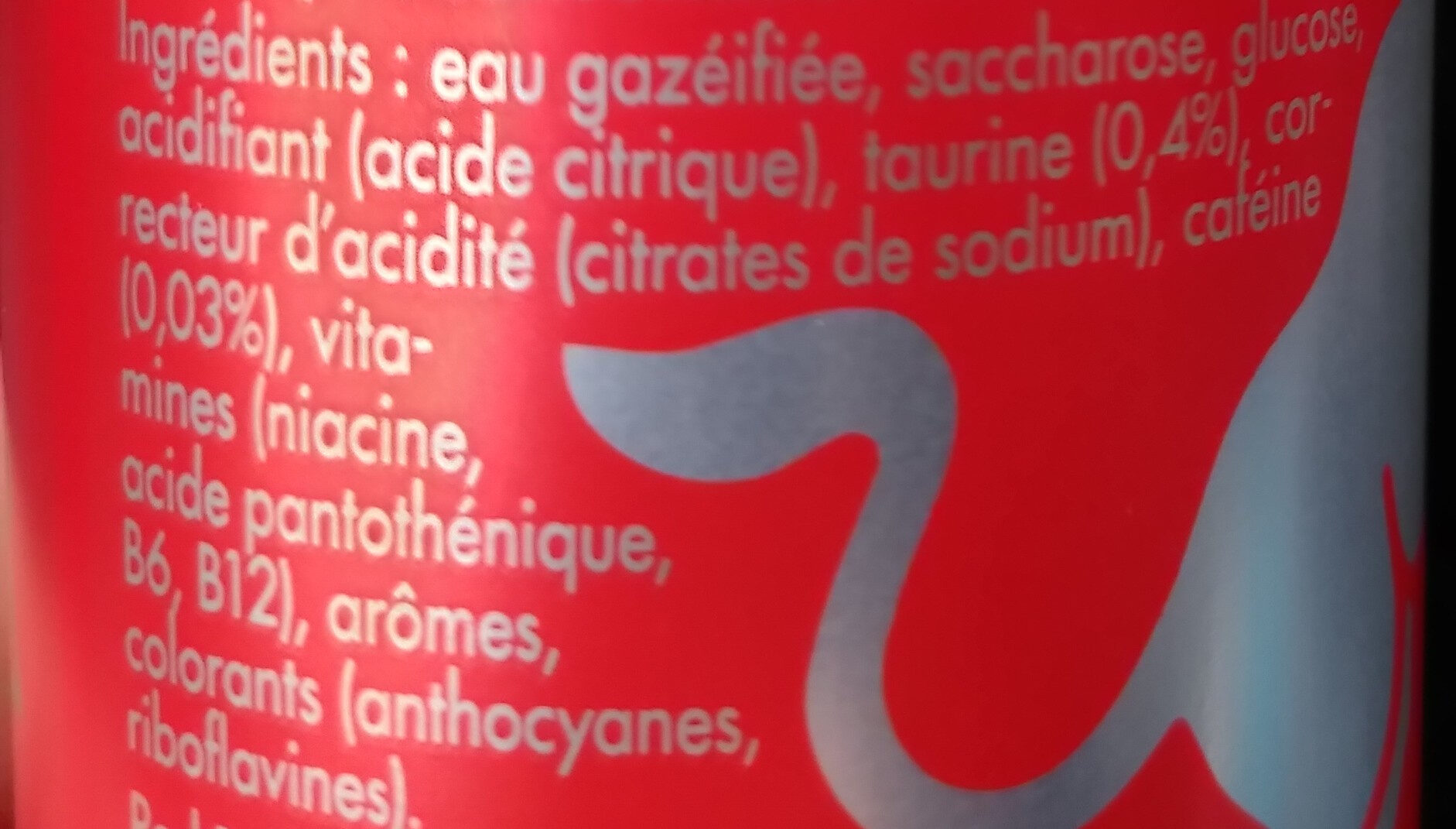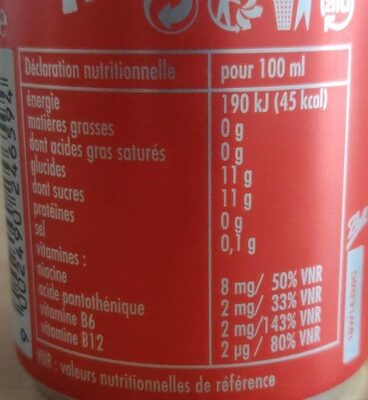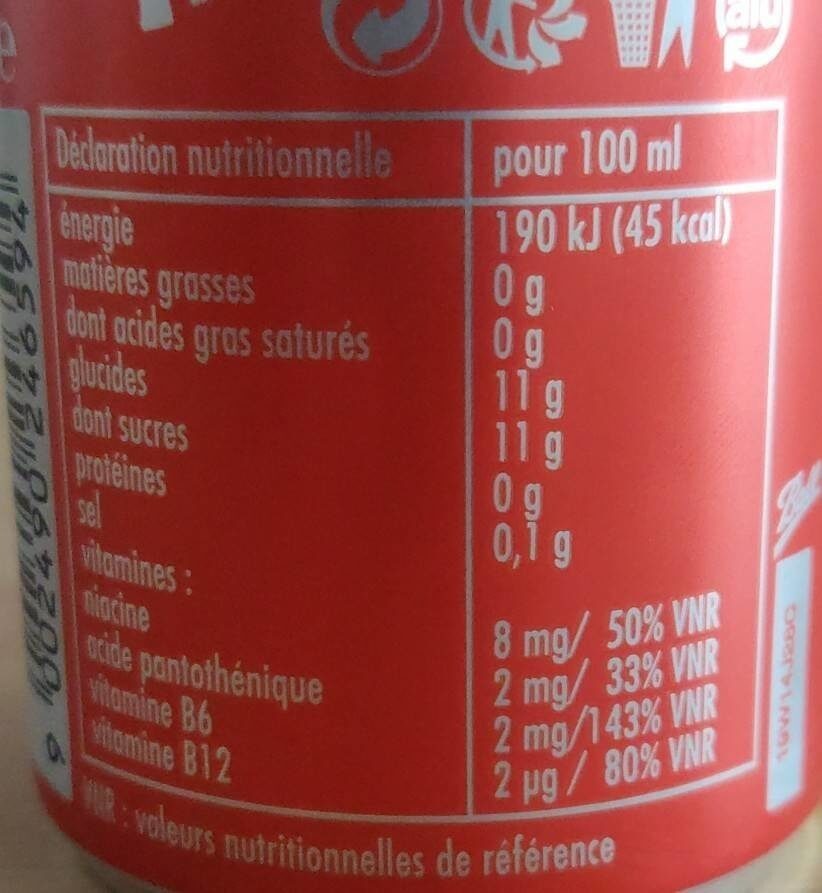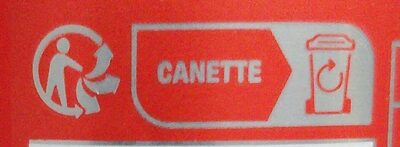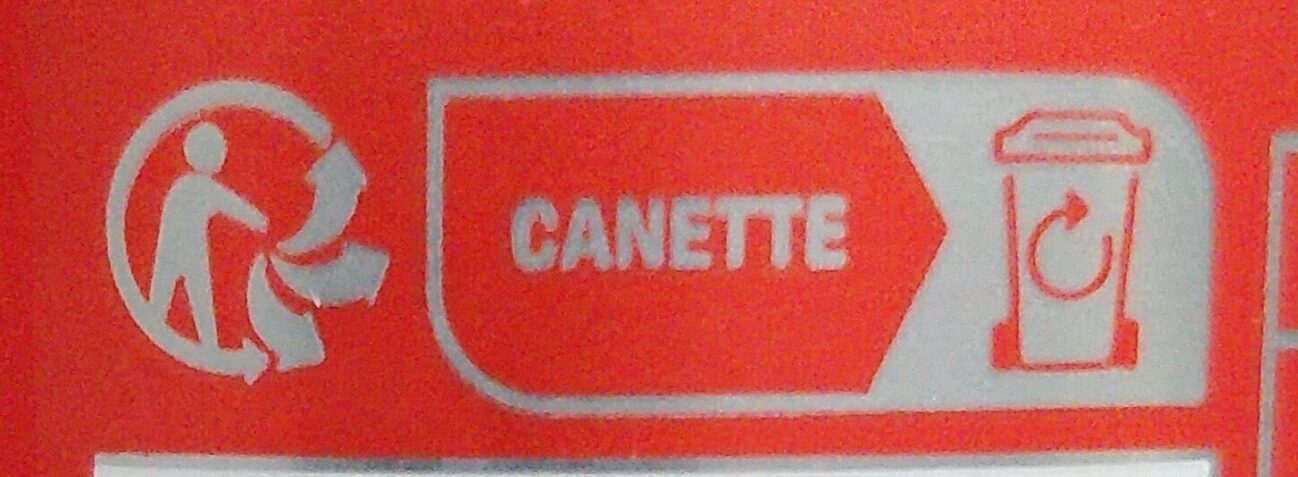Redbull pasteque - Red Bull - 250ml e
Barcode: 9002490246594 (EAN / EAN-13)
Quantity: 250ml e
Packaging: Metal, Recyclable Metals, Aluminium, Can, Drink can
Brands: Red Bull
Categories: Beverages, Energy drinks, Energy drink with sugar, Sweetened beverages
Labels, certifications, awards: Pasteurized
Origin of ingredients: Austria
Stores: carrefour.fr
Countries where sold: France
Matching with your preferences
Report a problem
Data sources
Product added on by kiliweb
Last edit of product page on by quechoisir.
Product page also edited by asmoth, driveoff, ecoscore-impact-estimator, hungergames, mailtojbrichard-gmail-com, openfoodfacts-contributors, packbot, raphael, roboto-app, yuka.CelkM_enI-UrDfD_8qYaxTLkNdjwXPtdFCFXog, yuka.R0lrcU5iVUNxK0FPeC9JdXhUTG85b3NweW9hMFhrV0pLZXN3SUE9PQ, yuka.VI5nY9elRtMzRfPW0tsL9R-eEP_fOtVgGy8gow, yuka.sY2b0xO6T85zoF3NwEKvlhdpToDdrhPKJiT4wknS34e2KK24Xdh8-4_UI6g, yuka.sY2b0xO6T85zoF3NwEKvlkoaCIaGs2_7LjbfxGCb6v2tBbn0a8x8wtj1HKo, yuka.sY2b0xO6T85zoF3NwEKvlkxgQ4LYkALLGEDVnkew_tnRd5_WPPIi24_4LKg, yuka.sY2b0xO6T85zoF3NwEKvll1uWfT-hxz8FRnug0K0m82eMJrNau5VvLHeNKg, yuka.sY2b0xO6T85zoF3NwEKvllRAffnS_mvqCAfRlhG2l-aMH8b6R-hi_qTHNKg, yuka.sY2b0xO6T85zoF3NwEKvlm8baMrUiCKcFzLmhl-N1PDQC67TWNR2vLTXP6s, yuka.sY2b0xO6T85zoF3NwEKvlmNBDOXxpmvUERvUo22OyfDRFr_ISO52u5H-Lqg, yuka.sY2b0xO6T85zoF3NwEKvlmx9UPXYvWzpaQzTol-uxvyhcYb6Y9VW56__OKs.
